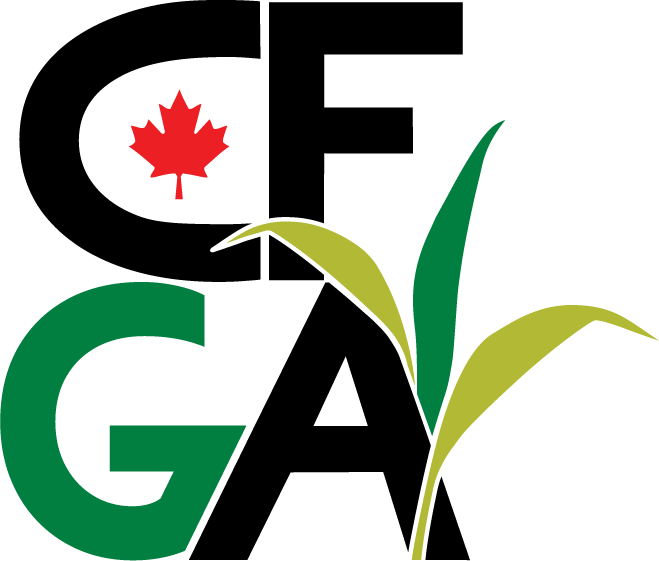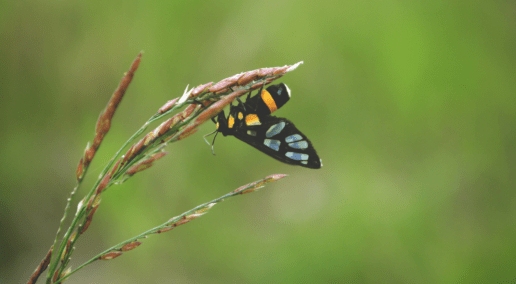During the session, Alberta AgriSystems Living Lab – Where Research Meets Reality, Karin Schmid from Alberta Beef Producers provided a high-level overview of the Alberta AgriSystems Living Lab with a focus on the forage components.
Living labs alone are not research projects, funding programs or labs.They are learning spaces for adoption with a bottom-up approach that work with partnerships and peer-support networks for collective learning and measuring impacts of best management practices (BMPs) that are affordable and benefit the environment.
Living labs require co-development and are iterative in nature. Stakeholders, producers and researchers all sit down together from the beginning to provide checks on the utility of innovation.
Karin said their research has seen wins in profitability, productivity and benefit to the environment. Now they need to figure out how to measure and validate incentives and facilitate knowledge transfer while removing barriers.
There are three study regions each containing a group of 15 producers plus two to three indigenous participants throughout. Their focus areas are based on carbon sequestration. BMPs focus on the cropping and rotation of livestock, land-use changes, livestock feeding and grazing management, nutrient management, optimizing carbon storage, the socio-economics of adoption and policy recommendation.
They use a co-development process to develop BMPs. First they identify the problem then they work together to develop a BMP to solve the issue. Next, they review management history and data. After that they implement the BMP and make adjustments as needed. Finally, they provide feedback and loop back to the co-development stage. Paying attention to what didn’t work, they adjust the BMP to create a successful practice. In the end, they measure the adoption rates in the wider agricultural community.
What’s in it for producers?
Producers get to try something new and use their expertise. They gain personalized support, an annual compensation and funding through the On-Farm Climate Action Fund (OFCAF).
The initial engagement group of 40 producers, when asked, were willing to try more BMPs.
Conference 2023
The CFGA is excited to announce that its 14th annual conference will take place Nov. 28 to Dec. 1 in person in Harrison Hot Springs, BC. This year’s conference theme is Forage Resilience in a Changing Landscape: Manage risk. Overcome challenges. Discover opportunities and we look forward to delivering the interesting and informative sessions the CFGA conference is known for. Please save the date to join us as we learn about issues facing the forage sector and how they overcome these challenges, as well as take a look ahead to opportunities. Watch the CFGA conference website for more information.
Back to Admin



Leave a Comment